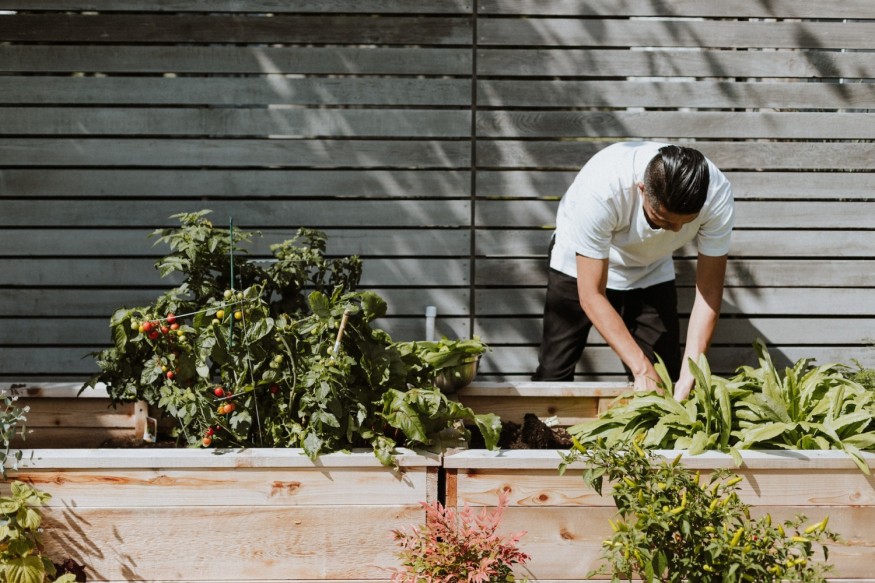
The purpose of a hobby farm is to bring enjoyment and pleasure to its farmer. If profits are concerned, then the farm would be called a homestead. Here are some pointers for aspiring hobby farmers:
What is a Hobby Farm?
A hobby farm is a small farm that is essentially operated for recreational purposes rather than as a business.
A hobby farm's owner or owners often have a primary source of income, such as a consistent job, a pension, or retirement income. Whatever the funding, the important thing is that the farm may be operated as a pastime rather than as a business.
A hobby farm is defined as an agricultural parcel of land with fewer than 50 acres. Exceeding the said area classifies it as a small-scale farm.
Hobby farmers may be well-funded for their agricultural pursuits or may just have a small amount and be on a tight budget.
However, in contrast to homesteaders, hobby farmers sometimes don't have self-sufficiency as their top priority. They might be pleased to stay working during the week and farming on the weekends, or they might decide to lavishly splurge on the farm animals they decide to keep with their retirement income.
The farm may increase the value of their residences, so they only need to maintain it minimally to maintain that worth.
Farming for Personal Benefits and Pleasure, Not for Profit
Hobby farms are excluded by the US Internal Revenue Service from tax advantages intended for small-farm owners.
By attempting to avoid paying taxes on pastoral stretches, equine sanctuaries, and ranches they maintain for fun, some people have used hobby farms as tax havens.
The specifics of the tax deductions for hobby farms are described in Section 183 of the US tax code: small farms that conduct business should be ready to demonstrate their operations and earnings in order to avoid being labeled as hobby farms and losing out on tax incentives.
This means that once a hobby farmer decides to make a profit out of this hobby, then it will be considered and should be declared a small-scale farm, which will then be subject to taxes and financial losses or gains.
Setting Up a Hobby Farm
Prior to launching a hobby farm, one should outline goals and a stepwise approach. Deciding on crops or animals and gauging space and environment is essential, in shaping the farm's direction and outcomes.
For animal enthusiasts, mindful planning for purchases or construction is pivotal due to potential expenses. Balancing financial investment against profitability expectations is prudent to avoid debt.
Taking gradual steps aids adjustment and interest discovery. Testing limited crops and animals offers insight, allowing flexible adjustments.
Patience is vital in adapting to farming life. Hobby farmers should establish effective practices, which will take a lot of time because they should start slowly and remain open to change.
Ultimately, the hobby farm's trajectory depends on the hobby farmer's dedication, aspirations, and resource management.
Some basic but important aspects to think about when planning a hobby farm include space, water, proper soil, and the equipment needed.
If applicable, food, shelter, and livestock choices should be studied, too.
Read also: Water Garden: What It Is & What It's Not
Spending Time on a Hobby Farm
Allocating time is crucial and scheduling and existing commitments should align with the demands of hobby farming.
A fundamental aspect of integrating a hobby farm into one's routine involves allocating specific time slots throughout the week and on weekends. This scheduling approach mirrors the method used for work commitments and social interactions.
However, maintaining flexibility within this scheduling framework is crucial. Extensive structuring of leisure time can inadvertently transform enjoyable activities into burdensome tasks.
Research conducted at Ohio State University demonstrated that designating precise times and dates for leisure pursuits resulted in reduced enjoyment.
This means that although a hobby farm calls for proper maintenance, watering crops on the dot at 8 AM every Saturday might feel more like work than a hobby.
Related Article : Root Cellars: Sustainable Storage Solution for Root Crops During Winter
© 2026 NatureWorldNews.com All rights reserved. Do not reproduce without permission.





